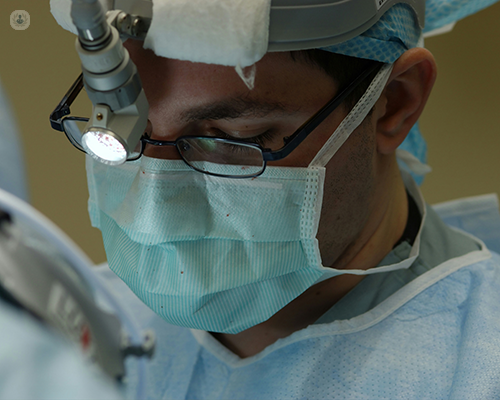Having a polypectomy
Autore:A polypectomy is a common medical procedure used to remove polyps from various parts of the body.

Why might I need a polypectomy?
Polyps are abnormal growths of tissue that can develop in various organs, such as the colon, stomach, uterus, and nasal passages. While most polyps are benign (non-cancerous), some can become malignant (cancerous) over time. Therefore, removing polyps through a polypectomy is often a preventative measure to reduce the risk of cancer.
In some cases, polyps may also cause symptoms like bleeding, pain, or obstruction, thus necessitating their removal.
How should I prepare for a polypectomy?
For a colonic polypectomy to remove colon polyps, you will need to undergo bowel cleansing by taking a laxative solution to empty the colon and ingesting a clear liquid diet for 24 hours before the procedure, along with stopping certain medications.
For a gastric polypectomy to remove stomach polyps, you will need to fast for several hours before the procedure to ensure an empty stomach, along with following any specific medication adjustments.
How is a polypectomy performed?
Colonic polypectomy
A colonic polypectomy is typically conducted during a colonoscopy.
During the procedure, a flexible tube equipped with a light and a camera (called a colonoscope) is inserted through the rectum and advanced through the colon to detect any polyps. Once a polyp is located, your gastroenterologist will then remove it using various techniques, such as:
- Snare polypectomy, where a wire loop (snare) is passed through the colonoscope to encircle the polyp and cut it off with an electric current.
- Forceps polypectomy, where biopsy forceps are used to remove small polyps.
- Hot biopsy, where the polyp is burned off using an electrical current.
Stomach polypectomy
A gastric polypectomy is usually performed during an endoscopy.
During the procedure, a flexible tube equipped with a light and a camera (called an endoscope) is inserted through the mouth and guided into the stomach to identify any polyps. Once a polyp is located, your gastroenterologist will then remove it using the same techniques as those in a colonic polypectomy.
Is a polypectomy painful, and how long does the procedure take?
Most polypectomies are performed under sedation or anaesthesia, ensuring that you don’t feel any pain during the procedure. After the polypectomy, you may experience mild discomfort, cramping, or bloating, but severe pain is uncommon.
The duration of a polypectomy can vary depending on the number, size, and location of the polyps. A colonic polypectomy generally takes 20 to 60 minutes, while a gastric polypectomy is typically completed within 20 to 30 minutes.
How long is the recovery period after a polypectomy?
A polypectomy is generally safe and effective. However, as with any medical procedure, there are risks, such as bleeding, perforation, and adverse reactions to sedation or anaesthesia.
Following the procedure, you are usually monitored for a few hours in the recovery room to ensure that there are no immediate complications, with most patients being able to go home the same day of the procedure.
In the short-term, patients who have undergone a colonic polypectomy might experience mild cramping, bloating, or minor bleeding, but can typically resume normal activities within a day or two. Patients recovering from a gastric polypectomy may have a sore throat or mild abdominal discomfort, with recovery generally taking a few days.
Long-term, you should avoid strenuous activities and adhere to your gastroenterologist’s instructions to ensure complete healing. Regular follow-up screenings are crucial to monitor for the recurrence of polyps, especially if you are predisposed to polyp formation.


